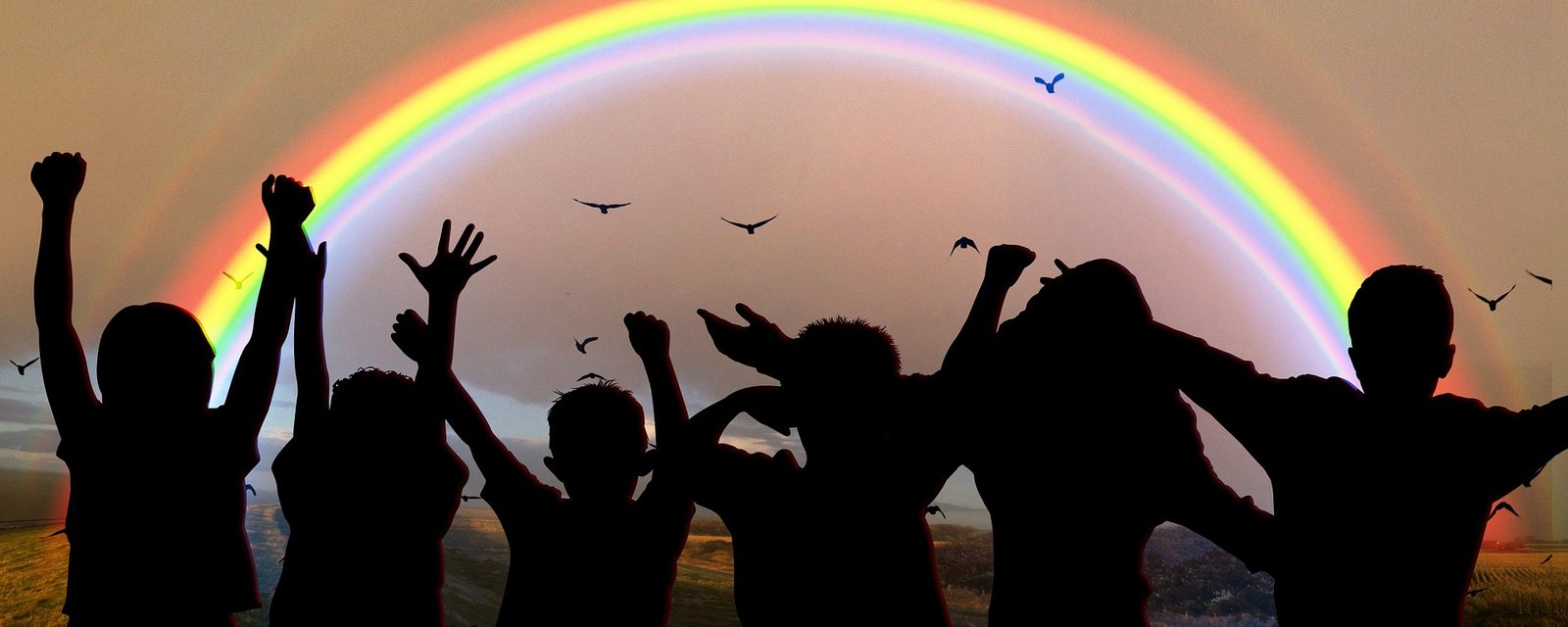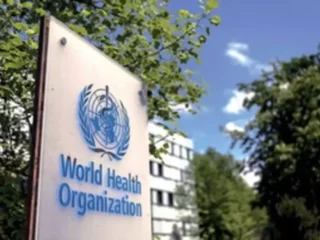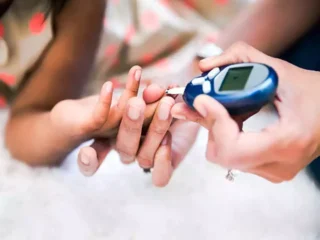Many instances of human right abuses have emerged across the world since the start of COVID-19 pandemic. It is being feared that if the world fails to protect the rights of people, then we will have a more unequal world than ever before.
Secretary-General António Guterres has called COVID-19 a human crisis, and under his leadership United Nations is working with countries to have a more cooperative, global and human rights-based approach to the pandemic.
In an informal briefing to the Human Rights Council on 9 April, UN High Commissioner for Human Rights Michelle Bachelet, said that many States in every region – especially in Europe – have taken unprecedented measures to protect the rights of workers and minimize the numbers of those made unemployed. “All States with sufficient resources should be encouraged to do the same,” she said.
World’s Largest Social Bond
In order to assist African Governments to expand access to health and to other essential services and goods, the African Development Bank has been able raise $3 billion fund. This is the world’s largest social bond.
The bond issuance, AfDB’s biggest yet in dollar terms, is the first of the bank’s measures in response to the virus that has has so far seen the confirmation of more than 3,000 infections across the continent. “We are here for Africa, and we will provide significant rapid support for countries,” AfDB President Akinwumi Adesina said in the statement.
This is precisely the kind of innovative thinking we need,” Michelle Bachelet stressed.
UN High Commissioner for Human Rights is currently compiling good economic and social practices adopted by countries in every region – many of them developing countries – and will bring these to the attention of members of the Human Rights Council. Her Office will also be working to integrate human rights into all the work of the UN’s economic and social programs.
Voices of UN Human Rights Experts
Here are some voices of UN human rights experts on COVID-19 response.
“Everyone, without exception, has the right to life-saving interventions and this responsibility lies with the government. The scarcity of resources or the use of public or private insurance schemes should never be a justification to discriminate against certain groups of patients. Everybody has the right to health.” – a joint statement of UN human rights experts
“It is very likely that rates of widespread domestic violence will increase, as already suggested by initial police and hotline reports. For too many women and children, home can be a place of fear and abuse. That situation worsens considerably in cases of isolation such as the lockdowns imposed during the COVID-19 pandemic. All States should make significant efforts to address the COVID-19 threat, but they should not leave behind women and children victims of domestic violence.” – Dubravka Simonovic the UN Special Rapporteur on violence against women.
“COVID-19 is not just a health issue; it can also be a virus that exacerbates xenophobia, hate and exclusion. Reports of Chinese and other Asians being physically attacked; of hate speech blaming minorities including Roma, Hispanics and others for the spread of the virus; and of politicians calling for migrants to be denied access to medical services, all show that States need to urgently emphasise that the human rights of everyone, in particular of the most vulnerable and marginalized, must be protected.” – Fernand de Varennes, UN Special Rapporteur on minority issues.
Guidance on a People-centred COVID-19 Response
- Health strategies should address not only the medical dimensions of the pandemic but also the human rights and gender-specific consequences of measures taken as part of the health response.
- Emergency powers must be used for legitimate public health goals, not used as basis to quash dissent or silence the work of human rights defenders or journalists.
- Containment measures, such as social distancing and self-isolation, need to take account of the needs of people who rely on the support of others to eat, dress and bathe. Many persons, including persons with disabilities, rely on home and community services.
- It is also vital that any tightening of border controls, travel restrictions or limitations on freedom of movement do not prevent people who may be fleeing from war or persecution.
- Fiscal stimulus and social protection packages aimed directly at those least able to cope with the crisis are essential to mitigating the devastating consequences of the pandemic. Immediate economic relief measures such as guaranteed paid sick leave, extended unemployment benefits, food distribution, and universal basic income can help safeguard against the acute effects of the crisis.
- LGBTI people also face heightened risks during this pandemic, and specific measures should be incorporated into response plans to address these impacts.
- States should take into account indigenous peoples’ distinctive concepts of health, including their traditional medicine, consult and consider the free prior and informed consent of indigenous peoples in the development of preventive measures on COVID-19.
- People deprived of their liberty, including in prisons, pre-trial detention, immigration detention, institutions, and other places of detention are at heightened risk of infection in the case of an outbreak. Their situation should be specifically addressed in crisis planning and response.
- Medical professionals and relevant experts, including scientists, must be able to speak freely and share information with each other and the public.








